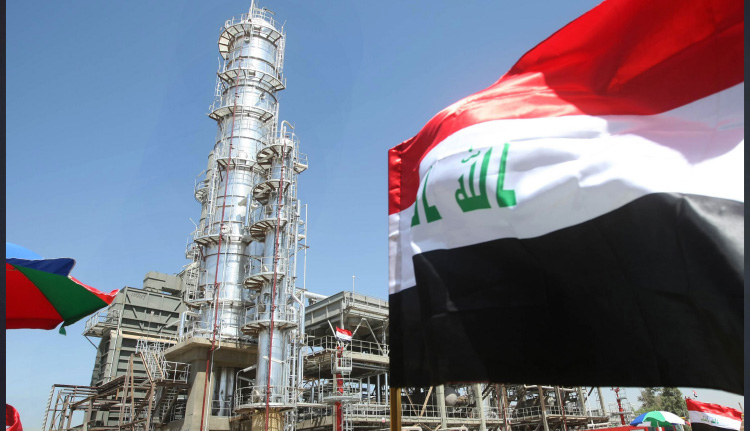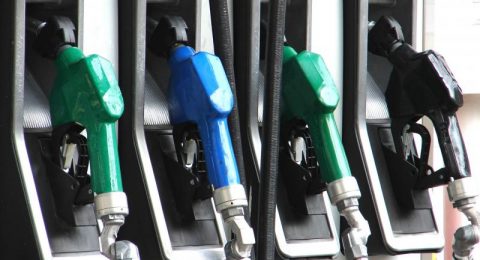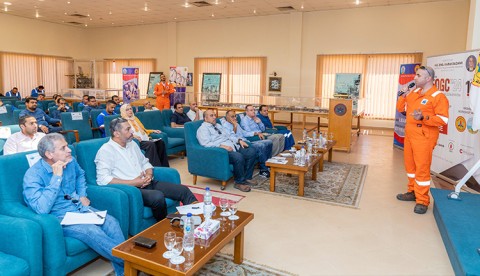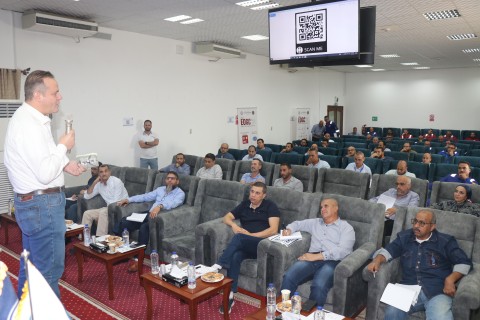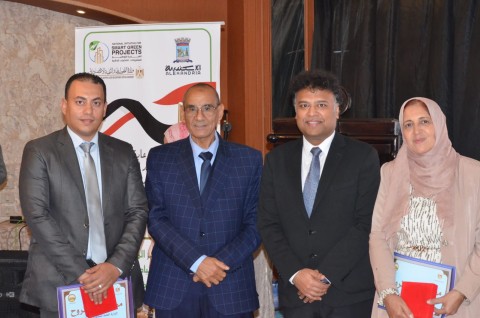As Iraqi people were marking the two-decade anniversary of the US invasion, the Iraqi energy sector was poised to gain new momentum by reaching an agreement on a long-delayed $27 billion energy project with TotalEnergies. In the meantime, the central Iraqi government and Kurdish authorities were able to strike a deal to end a standoff over oil sales that had blocked nearly 500,000 barrels a day in exports and sent crude prices rising.
The new deals should usher in a major shift in Iraqi energy dynamics. However, many Iraqis are still wary about the energy sector’s ability to alter their economic and social pains. Twenty years after the fall of Saddam Hussein, Iraq is still seen as weakly governed; a country prone to instability and meddling by neighbors.
Political infighting, foreign meddling, and corruption could cost Iraq the opportunity to invest in growing output more quickly. As the energy transition gathers pace, it means Baghdad may lose the opportunity to cash in the hundreds of billions of barrels it has in the ground.
Constant Challenges
Following the US invasion in 2003, Iraq adopted a more democratic system, holding elections regularly since 2005. It has a parliament and there have been peaceful transfers of power from government to government. However, Iraq can’t be described as consolidated democracy, given the pervasiveness of armed militias and related political parties that have used violence or the threat of violence to threaten the government and other political actors or to protest or alter election results.
Another reason for the state of fragility in Iraq is the spoils system, which was set up after the invasion. According to the system, the presidency should be preserved for an ethnic Kurd, the prime ministry for a Shiite Muslim, and the speakership of parliament for a Sunni Muslim. This system both encourages spectacular corruption and emphasizes ethnic and religious division at the expense of a genuinely national Iraqi identity. These related problems tend to undermine confidence in the political system.
The overthrow of Saddam and Iraqi security forces in 2003 created a vacuum that opened the door for the rise of both Islamic State fighters and Iranian-allied political parties and militias in Iraq, which engaged in horrific sectarian violence.
The new system after Saddam was not able to solve the Iraqi unity problem that existed even before the American invasion, with the three Kurdish regions of Iraq never incorporated into the country in ways that made sense to Kurds. Iraq’s Kurdish regions built a state within a state and appeared to be driving toward independence.
The division has led to increasing foreign meddling as the country has been caught between several external actors including Iran, Turkey, and the US with each power securing its allies in Iraq. Iran’s strong presence in Iraq’s politics has caused alarm in the US, the Arab world, and, to some extent, Turkey. The country has become a venue for several confrontations between Iran and the US. In one of these confrontations, one of Iran’s top military leaders was assassinated.
Ankara also intervenes in Iraq, carrying out military operations against Kurdish militants in the north. There are also a number of European countries that have military deployments in Iraq as part of the anti-Daesh coalition.
The current political makeup and foreign interference in the country have worsened the country’s economic, security, and political situation, pushing the people to the streets in mass protests asking for better living conditions.
The latest of such protests came last month after measures taken by the US in recent months, to stamp out money laundering and the channeling of dollars to Iran and Syria from Iraq, have severely restricted Iraq’s access to hard currency. Since the US invasion of Iraq in 2003, Iraq’s foreign currency reserves have been housed at the US Federal Reserve, giving the Americans significant control over Iraq’s supply of dollars.
Light at the End of the Tunnel
Iraqis’ frustration with high unemployment, the dismal state of infrastructure, and the long-standing corruption bushed the Iraqi youths to the streets on several occasions where violent incidents caused the death of hundreds of people.
Despite being OPEC’s second-largest crude producer, one-in-five of Iraqi people lives in poverty and the youth unemployment rate stands at one-quarter, the World Bank said.
Although more than 90 percent of the government’s revenue comes from oil, some local leaders see oil reserves as both a blessing and a curse as they fuel vicious competition between political elites and armed groups at the expense of the Iraqi people.
Despite optimism about the flourishing oil revenues, which stems from the fact that in the first eleven months of 2022, Iraq’s budget revenues increased by 59% yearly to $100.9 billion, Iraqi activists called for a massive economic shift to shore up the private sector so that there are more job opportunities for young people instead of depending on oil reserves only. However, luring international companies into investing in Iraq requires stability.
Today some experts see division in Iraq shifting from traditional division along Shi’ite, Sunni, and Kurdish lines to become mainly between the political elites and Iraqi masses. Twenty years after the fall of Saddam and with new breakthroughs in the energy industry and economic and political reform, many Iraqi young people are hopeful about nascent freedoms and opportunities to pursue their dreams.
